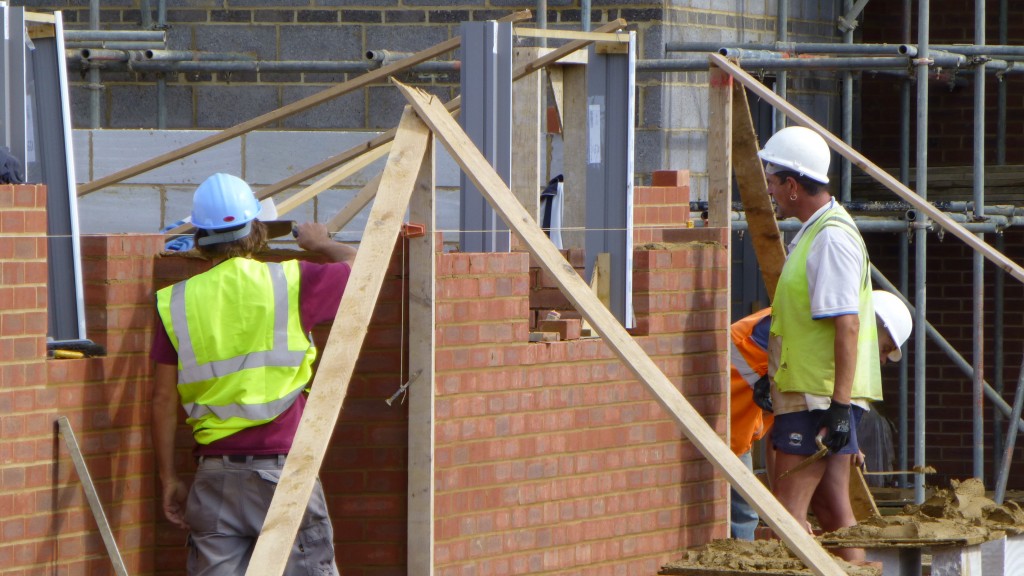An end to Landbanking? Councils demand the power to tax housebuilders who sit on land and block housebuilding
The Local Government Association said councils should have the power to charge big companies that sit on sites with planning approval for new homes.
The Local Government Association says Councils should be given the power to tax developers for each home yet to be completed to unlock around 475,000 units which are yet to be started. The proposal is that full council tax should apply to housebuilders sitting on development sites where new homes have been given the green light from the date planning permission expires. That would mean Britain’s large housebuilders would need to complete their sites or pay council tax on every unfinished new home within three years after gaining planning permission.
 The tax would act as a punishment to developers who landbank, preventing homes from being built despite being given the go-ahead by councils. The LGA discovered almost half a million homes have been granted permission but have yet to be started.
The tax would act as a punishment to developers who landbank, preventing homes from being built despite being given the go-ahead by councils. The LGA discovered almost half a million homes have been granted permission but have yet to be started.
Councillor Peter Box, the LGA Housing spokesman, said: “While private developers have a key role in soling our chronic housing shortage, they cannot build the 230,000 needed each year on their own. To tackle the new homes backlog and to get Britain building again, councils must have the power to invest in building new homes and to force developers to build homes more quickly.”
Planning permission expires after three years and the LGA has called on Ministers to allow councils to start charging council tax on proposed properties as soon as it runs out.
It could also mean that the large housebuilders are forced to sell on all or part of their landbank to save the tax. This could mean smaller housebuilders are able to buy land ‘ready to go’ which could enable the industry to make a stab at David Cameron’s oft-quoted target of building a million new homes by 2020.
A spokesman for the Department for Communities and Local Government (DCLG) said:
“The government is determined to see more homes built; we do not want to increase costs and bureaucracy that slow the rate of housing delivery or planning permissions being brought forward. We do want to see improvements in build out rates and we have seen the number of new homes increase by 25 per cent in the last year alone and are working with the sector to achieve even faster build out. ”
“Increased costs” The large plc housebuilders are making every increasing profits year on year. If this policy forces them to either build on, or release land for others to build on it can only be a good thing. It certainly will not “slow the rate of housing delivery” quite the opposite! Why is it, when anyone comes up with any proposal that will help the housing crisis in Britain, the government statement always has the appearance of defending and protecting ‘big housebuilding’?
Whilst the number of new homes may well have increased by 25% in the last year to 170,690 (according to the DCLG) this is still 24% short of the 2007/8 peak of 223,530. In fact the latest published figures released by the DCLG show just 135,050 new homes completed in the 12 months to 30 September 2015. This is 24% down on the total of 177,650 to the 2007 year end. In the financial year 2014/15 just 124,490 new homes were built. Whichever figure you choose for whichever period, the target of 200,000 new homes each year to 2020 is not being met.





